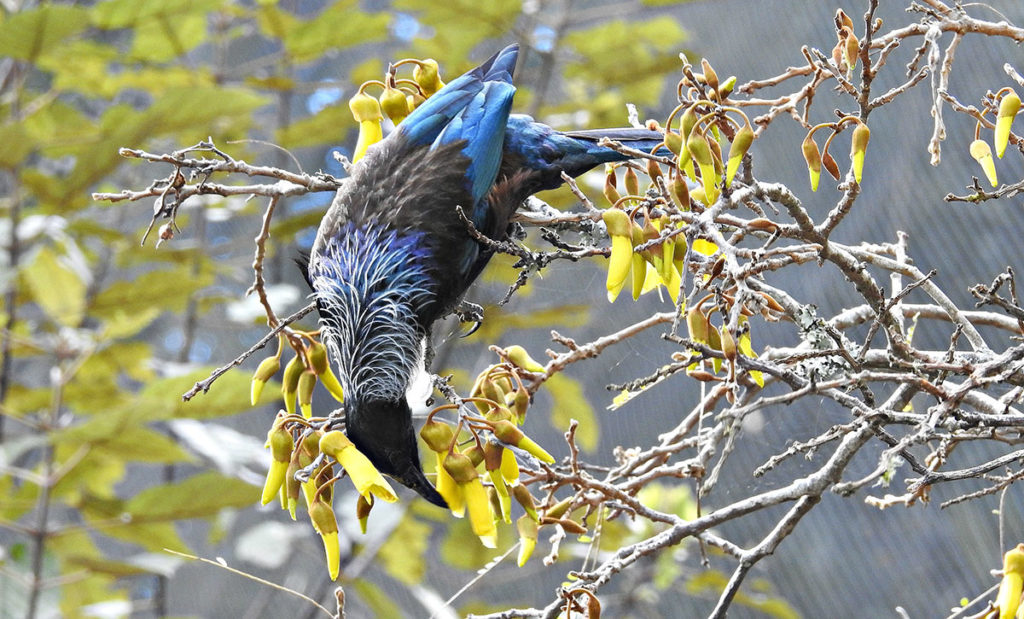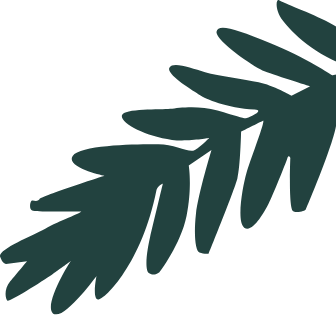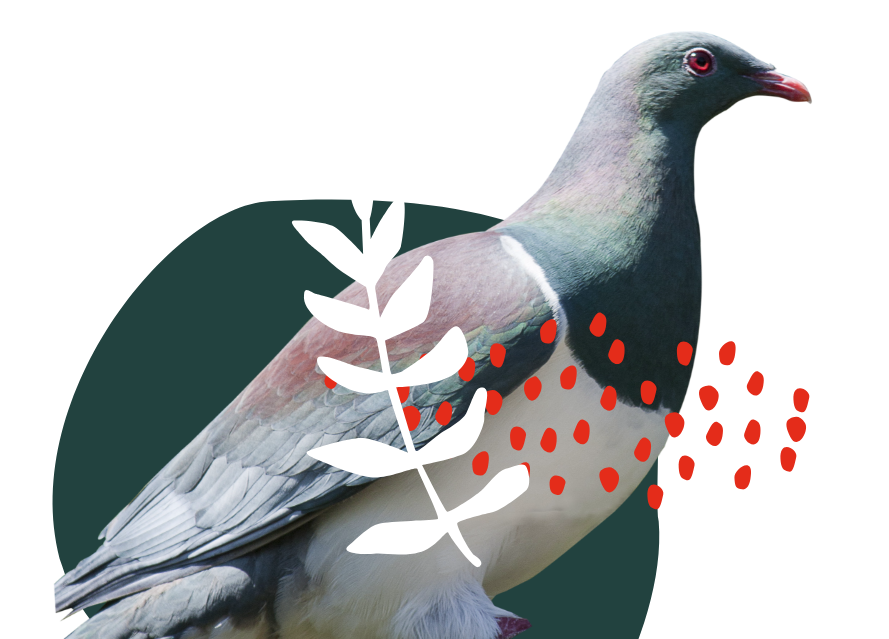Backyard trapping
Don’t think that predator trapping should just be done in bush blocks or reserves. Pests know no boundaries and are quite happy to travel across urban areas and settle in your compost bin, under your house and get into the pantry or nibble wires, or just raid your fruit trees!

Native animals are also frequent visitors or residents in urban areas and pests have negative impacts on them too. Species like rats and possums can carry nasty diseases, such as leptospirosis or giardia.
Maintaining one or two traps on your property will not only help protect native lizards, invertebrates and birds, but also restrict the movement of pests across the city.
We encourage backyard trappers to focus on catching rodents. In some areas, however, possums may also be a problem. If you would like to target possums, please get in touch and we can have a korero about the best way to do this. We also encourage trappers to register their trap on TrapNZ and record each pest in order to measure success.
Click here for a few tips on how to increase the likelihood of catching.
Trapping in reserves
Trapping in reserves is absolutely encouraged as these are areas with considerable amounts of habitat that our native species can use. This is also where the largest populations of pests are too. However, before trapping can commence you would need to get approval from the landowner – in most cases, this will be the Whangarei District Council. The WDC are very supportive of this sort of activity, but will need to see that you have a plan in place.
If you are keen to set traps in a reserve, please get in touch and one of the project’s partner or collaborating organisations will help you and/or your group establish who the landowner is and formulate a plan that will be both manageable, sustainable and follow best practice. We will also work with you to develop a health and safety plan.
Measuring success
To understand how effective the Tiakina Whangarei project is we need to measure the impact our mahi is having. There are several ways that this can be done, ranging from: registering your trap and recording each pest which is caught through TrapNZ, recording the number of people and the amount of time that they donate to Tiakina Whangarei activities, or measuring changes in pest- or wildlife populations before and after pest control. Read more about measuring success…
Pest information
Tiakina Whangarei wants to initially focus on the control of rodents, possums and mustelids (stoats, ferrets and weasels). Find out a bit about these species and why they are being targeted.



